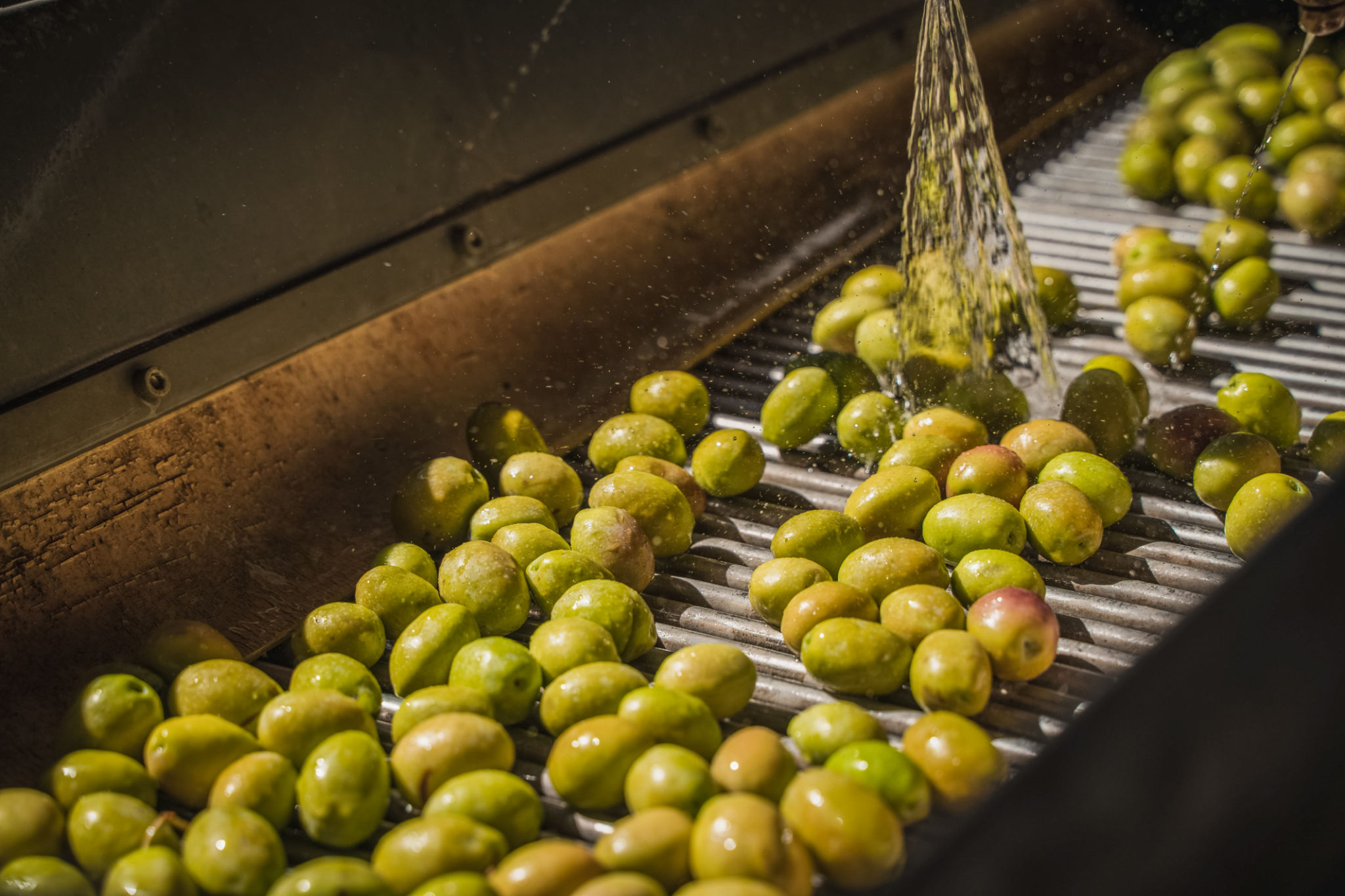Debunking Myths About Olive Oil Production and Quality
Understanding Olive Oil Production
Olive oil is a staple in many kitchens worldwide, yet misconceptions about its production and quality abound. Many consumers are often misled by myths that obscure the true nature of this versatile oil. By debunking these myths, we can learn how to choose the best olive oil for our needs.

Myth 1: All Olive Oils Are Created Equal
One of the most common misconceptions is that all olive oils are the same. In reality, olive oil comes in several grades, each with distinct characteristics. The most renowned is extra virgin olive oil, which is made from the first cold pressing of olives and is free from any chemical additives. It offers superior taste and health benefits compared to other grades like virgin olive oil and refined olive oil.
Myth 2: Dark Bottles Are Just Marketing
Some believe that dark bottles are merely a marketing gimmick. However, they play a critical role in preserving the quality of olive oil. Exposure to light can cause oxidation, leading to a loss of flavor and nutrients. This is why high-quality olive oils are often sold in dark green or brown bottles to block harmful UV rays.

The Truth About Olive Oil Quality
Myth 3: Cloudy Olive Oil is Bad
A common myth is that cloudy olive oil is spoiled or inferior. In truth, cloudiness can indicate a high-quality, unfiltered product. Unfiltered olive oils contain tiny bits of olive fruit, which may enhance flavor and nutritional value. However, they also have a shorter shelf life, so they should be consumed relatively quickly after opening.
Myth 4: Olive Oil's Flavor Doesn't Matter
Some people assume that the flavor of olive oil is irrelevant as long as the dish tastes good. On the contrary, the flavor of olive oil can significantly impact a dish. Different types of olive oils range from fruity to peppery, each complementing various culinary styles. Choosing an olive oil that matches your dish can elevate your cooking to new heights.

Conclusion: Making Informed Choices
Understanding the production and quality differences in olive oils empowers consumers to make informed choices. By recognizing the truth behind these common myths, you can select the best olive oil that suits your culinary needs and enhances your health.
The next time you're in the store, remember these insights to choose an olive oil that not only tastes great but also provides numerous health benefits. Embrace the rich history and craftsmanship behind each bottle, and enjoy the myriad flavors it brings to your table.